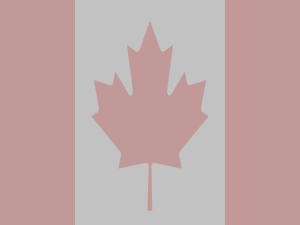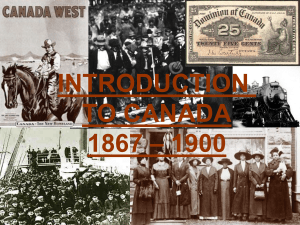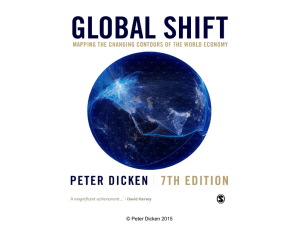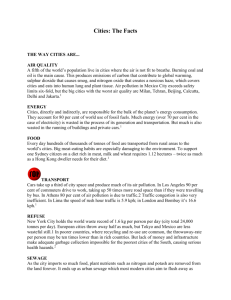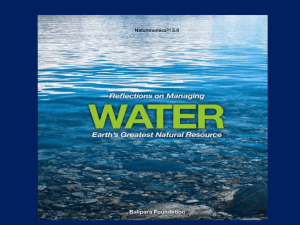1867 1812 1608 or 1982
advertisement
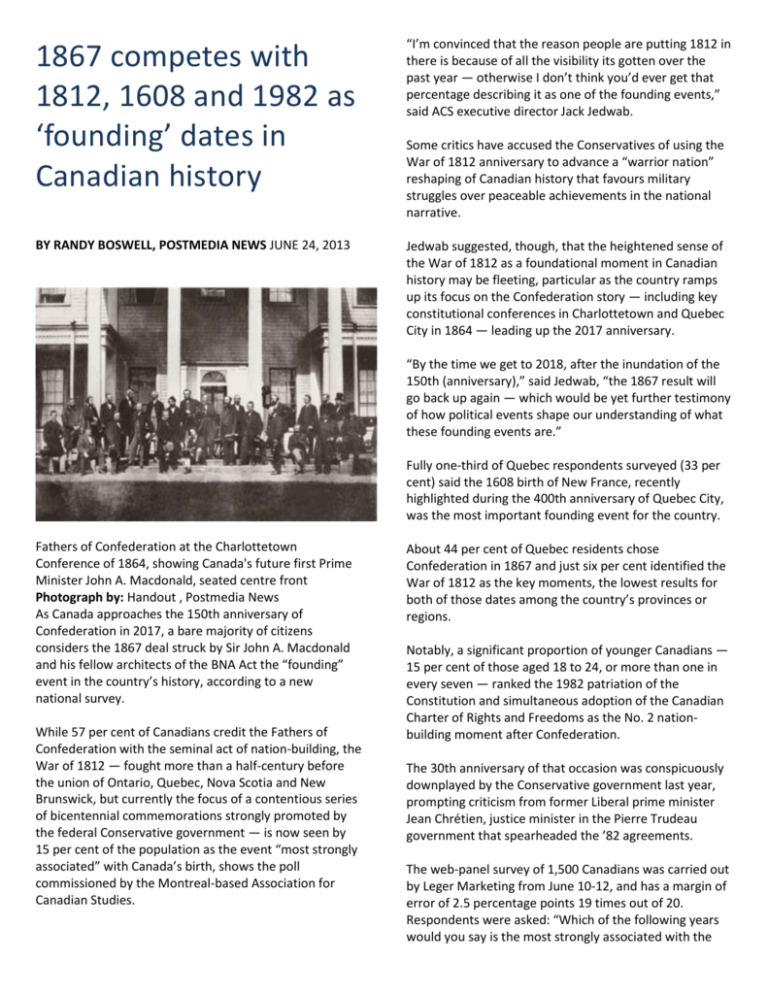
1867 competes with 1812, 1608 and 1982 as ‘founding’ dates in Canadian history “I’m convinced that the reason people are putting 1812 in there is because of all the visibility its gotten over the past year — otherwise I don’t think you’d ever get that percentage describing it as one of the founding events,” said ACS executive director Jack Jedwab. BY RANDY BOSWELL, POSTMEDIA NEWS JUNE 24, 2013 Jedwab suggested, though, that the heightened sense of the War of 1812 as a foundational moment in Canadian history may be fleeting, particular as the country ramps up its focus on the Confederation story — including key constitutional conferences in Charlottetown and Quebec City in 1864 — leading up the 2017 anniversary. Some critics have accused the Conservatives of using the War of 1812 anniversary to advance a “warrior nation” reshaping of Canadian history that favours military struggles over peaceable achievements in the national narrative. “By the time we get to 2018, after the inundation of the 150th (anniversary),” said Jedwab, “the 1867 result will go back up again — which would be yet further testimony of how political events shape our understanding of what these founding events are.” Fully one-third of Quebec respondents surveyed (33 per cent) said the 1608 birth of New France, recently highlighted during the 400th anniversary of Quebec City, was the most important founding event for the country. Fathers of Confederation at the Charlottetown Conference of 1864, showing Canada's future first Prime Minister John A. Macdonald, seated centre front Photograph by: Handout , Postmedia News As Canada approaches the 150th anniversary of Confederation in 2017, a bare majority of citizens considers the 1867 deal struck by Sir John A. Macdonald and his fellow architects of the BNA Act the “founding” event in the country’s history, according to a new national survey. While 57 per cent of Canadians credit the Fathers of Confederation with the seminal act of nation-building, the War of 1812 — fought more than a half-century before the union of Ontario, Quebec, Nova Scotia and New Brunswick, but currently the focus of a contentious series of bicentennial commemorations strongly promoted by the federal Conservative government — is now seen by 15 per cent of the population as the event “most strongly associated” with Canada’s birth, shows the poll commissioned by the Montreal-based Association for Canadian Studies. About 44 per cent of Quebec residents chose Confederation in 1867 and just six per cent identified the War of 1812 as the key moments, the lowest results for both of those dates among the country’s provinces or regions. Notably, a significant proportion of younger Canadians — 15 per cent of those aged 18 to 24, or more than one in every seven — ranked the 1982 patriation of the Constitution and simultaneous adoption of the Canadian Charter of Rights and Freedoms as the No. 2 nationbuilding moment after Confederation. The 30th anniversary of that occasion was conspicuously downplayed by the Conservative government last year, prompting criticism from former Liberal prime minister Jean Chrétien, justice minister in the Pierre Trudeau government that spearheaded the ’82 agreements. The web-panel survey of 1,500 Canadians was carried out by Leger Marketing from June 10-12, and has a margin of error of 2.5 percentage points 19 times out of 20. Respondents were asked: “Which of the following years would you say is the most strongly associated with the founding of Canada?” They were offered several options, and the nationwide results were as follows: 1867 Confederation (57 per cent), War of 1812 (15 per cent), 1608 founding of New France (12 per cent), 1982 patriation of the Constitution (seven per cent), 1763 Royal Proclamation ending the Seven Years’ War (five per cent), 1774 Quebec Act (three per cent), 1837 rebellions and 1931 Statute of Westminster (each about one per cent). The Conservative government and a host of other stakeholders across Canada — including universities, heritage groups, municipalities and museums — are currently planning ways to celebrate the upcoming sesquicentennial of Confederation on a scale similar to the 1967 centennial, which coincided with Montreal hosting that year’s “Expo” world fair and sparked a powerful surge in Canadian nationalism. Heritage Minister James Moore has promised to lay the groundwork for a major, nation-wide binge of patriotism in 2017 and has already announced the planned renaming of the Gatineau, Que.-based Canadian Museum of Civilization — and the revamping of the the “Canadian Museum of History” to better showcase Canada’s progress and achievements since 1867 — as the country’s flagship project for the 150th anniversary of Confederation. A second section of the ACS survey tapped Canadians for their views on the thorny question of which groups or regions should be seen as the principal “founders” of Canada. There is, in effect, no consensus when it comes to the “longstanding debate about the founding partners” of the country, Jedwab stated. He noted that the idea Canada was founded as a “partnership between British and French” is the “closest thing to an agreed-upon narrative,” but even that No. 1-ranked response garnered only 29-per-cent support among Canadians. Albertans (39 per cent) and British Columbians (37 per cent) had the most strongly held view that Canada was a bicultural creation of the British and French. About 26 per cent of respondents said Canada was best described as a country founded as a three-way partnership between French, British and Aboriginal Peoples, while 23 per cent viewed the nation mainly as a compact between the four provinces involved in Confederation in 1867. Residents of Manitoba and Saskatchewan were most likely to see Canada as the product of a tripartite, BritishFrench-Aboriginal arrangement (34 per cent) and least likely (12 per cent) to see it as founded by the four Confederation-pact provinces of New Brunswick, Nova Scotia, Quebec and Ontario. While just three per cent of those surveyed said Canada’s main founding partnership was between Catholics and Protestants, about 12 per cent opted for a more ethnoculturally specific listing of founders that included Aborginal, French, English, Irish, Scottish and Acadian. Jedwab said he believes that the main constituent communities of so-called “British” Canada at the time of Confederation — specifically Irish, Scottish and English — were recognized at the time as distinct players in the population and continue to resonate as important ancestral associations for many Canadians today. He noted that in the 2011 census, nearly as many Canadians identified themselves as having Scottish (4.7 million) or Irish (4.5 million) roots as there are people in the present-day populations of Scotland (5.3 million) and Ireland (4.6 million) themselves. The fact that “Canadians of Scottish origin are closing in on the numbers of Scots of Scotland,” Jedwab said, “might instill pride in (Glasgow-born) John A. Macdonald were he with us today.” © Copyright (c) Postmedia Network Inc. Boswell, R. (2013, June 24). 1867 competes with 1812, 1608 and 1982 as ‘founding’ dates in Canadian history. Retrieved April 22, 2015, from http://www.canada.com/life/1867+competes+with+1812+1 608+1982+founding+dates+Canadian+history/8572618/story .html
